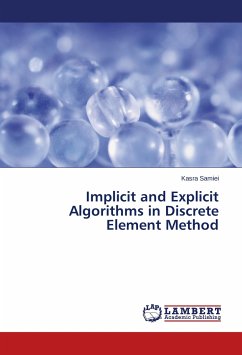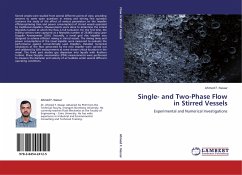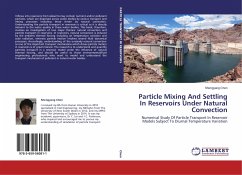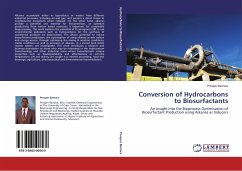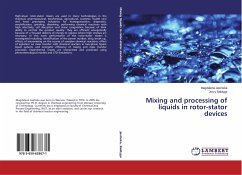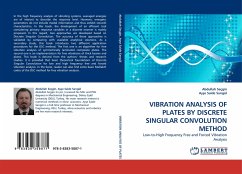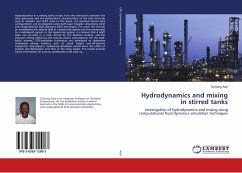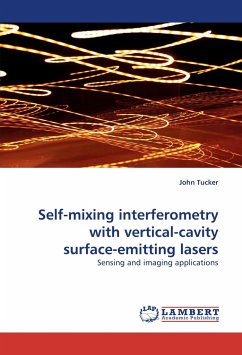Granular materials are highly present in various industrial practices and as such their proper handling is of utmost economic importance. With the advancement of computers processing capacity, numerical simulation techniques are increasingly used to compute the dynamics of granular systems. Discrete Element Method (DEM) is widely used to predict the motion of the granular assembly by analyzing the forces on each individual grain/particle at each tiny time step. Such a detailed analysis, however, comes at the cost of huge computational time and power even with today's highly efficient supercomputers. The current book discusses alternative numerical integration algorithms with the focus on the comparison between implicit and explicit methods. Several test cases are presented. The analysis of forward and reverse acting grates is, in particular, elaborated and includes residence time distribution analysis and validation of the simulation results with experiments. The book is especially useful to academics who seek a deeper understanding than simple utilization of commercial DEM codes but also to any individual who is interested in research and development of current DEM algorithms.
Bitte wählen Sie Ihr Anliegen aus.
Rechnungen
Retourenschein anfordern
Bestellstatus
Storno

